Caudillo and Peasant in the Mexican Revolution: Cambridge Latin American Studies, cartea 38
Editat de D. A. Bradingen Limba Engleză Paperback – 17 dec 2008
Din seria Cambridge Latin American Studies
-
 Preț: 200.79 lei
Preț: 200.79 lei - 9%
 Preț: 593.10 lei
Preț: 593.10 lei -
 Preț: 231.54 lei
Preț: 231.54 lei -
 Preț: 198.38 lei
Preț: 198.38 lei -
 Preț: 236.92 lei
Preț: 236.92 lei -
 Preț: 188.27 lei
Preț: 188.27 lei -
 Preț: 236.99 lei
Preț: 236.99 lei -
 Preț: 322.67 lei
Preț: 322.67 lei -
 Preț: 289.01 lei
Preț: 289.01 lei -
 Preț: 526.45 lei
Preț: 526.45 lei -
 Preț: 209.07 lei
Preț: 209.07 lei - 11%
 Preț: 691.66 lei
Preț: 691.66 lei -
 Preț: 257.52 lei
Preț: 257.52 lei -
 Preț: 290.63 lei
Preț: 290.63 lei -
 Preț: 238.63 lei
Preț: 238.63 lei -
 Preț: 234.31 lei
Preț: 234.31 lei - 9%
 Preț: 594.06 lei
Preț: 594.06 lei -
 Preț: 156.72 lei
Preț: 156.72 lei - 11%
 Preț: 591.79 lei
Preț: 591.79 lei - 14%
 Preț: 732.69 lei
Preț: 732.69 lei -
 Preț: 325.38 lei
Preț: 325.38 lei - 11%
 Preț: 694.91 lei
Preț: 694.91 lei -
 Preț: 328.56 lei
Preț: 328.56 lei -
 Preț: 321.74 lei
Preț: 321.74 lei - 5%
 Preț: 306.74 lei
Preț: 306.74 lei -
 Preț: 287.07 lei
Preț: 287.07 lei -
 Preț: 284.98 lei
Preț: 284.98 lei -
 Preț: 287.66 lei
Preț: 287.66 lei -
 Preț: 284.39 lei
Preț: 284.39 lei -
 Preț: 318.84 lei
Preț: 318.84 lei -
 Preț: 287.28 lei
Preț: 287.28 lei -
 Preț: 191.51 lei
Preț: 191.51 lei -
 Preț: 322.51 lei
Preț: 322.51 lei -
 Preț: 236.72 lei
Preț: 236.72 lei
Preț: 374.13 lei
Nou
Puncte Express: 561
Preț estimativ în valută:
71.61€ • 77.81$ • 60.19£
71.61€ • 77.81$ • 60.19£
Carte tipărită la comandă
Livrare economică 21 aprilie-05 mai
Preluare comenzi: 021 569.72.76
Specificații
ISBN-13: 9780521102094
ISBN-10: 052110209X
Pagini: 328
Dimensiuni: 140 x 216 x 19 mm
Greutate: 0.42 kg
Editura: Cambridge University Press
Colecția Cambridge University Press
Seria Cambridge Latin American Studies
Locul publicării:New York, United States
ISBN-10: 052110209X
Pagini: 328
Dimensiuni: 140 x 216 x 19 mm
Greutate: 0.42 kg
Editura: Cambridge University Press
Colecția Cambridge University Press
Seria Cambridge Latin American Studies
Locul publicării:New York, United States
Cuprins
1. Introduction: national politics and the populist tradition D. A. Brading; 2. Peasant and caudillo in revolutionary Mexico 1910–17 Alan Knight; 3. Pancho Villa, peasant movements and agrarian reform in northern Mexico Friedrich Katz; 4. Rancheros of Guerrero: The Figueroa brothers and the revolution Ian Jacobs; 5. The relevant tradition: Sonoran leaders in the revolution Hector Aguilar Camin; 6. Alvaro Obregón and the agrarian movement 1912–20 Linda B. Hall; 7. Saturnine Cedillo: a traditional caudillo in San Luis Potosi 1890–1938 Dudley Ankerson; 8. Revolutionary caudillos in the 1920s: Francisco Múgica and Adalberto Tejeda Heather Fowler Salamini; 9. Caciquismo and the revolution: Carrillo Puerto in Yucatan Gilbert M. Joseph; 10. State governors and peasant mobilisation in Tlaxcala Raymond Buve; 11. Conclusion: peasant mobilisation and the revolution Hans Werner Yowler.
Descriere
Until quite recently, the Mexican Revolution was usually defined as an agrarian movement and as a peasant war.
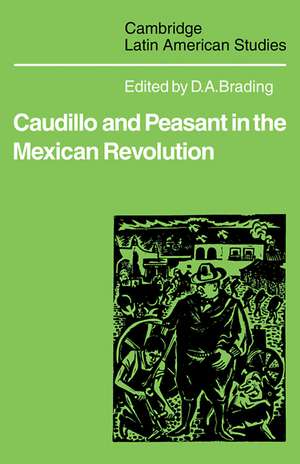
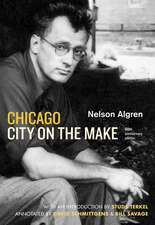



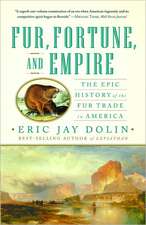


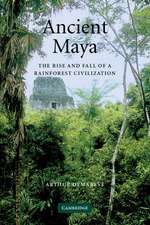

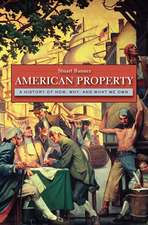
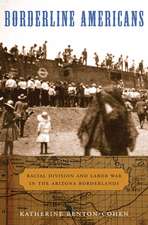
![The Civil War Boxed Set [With American Homer]](https://i0.books-express.ro/bt/9780679643708/the-civil-war-boxed-set-with-american-homer.jpg)



